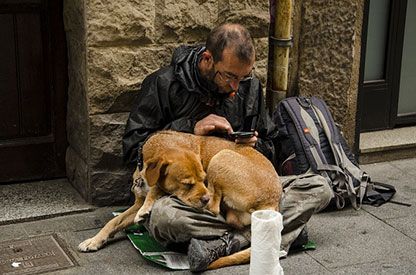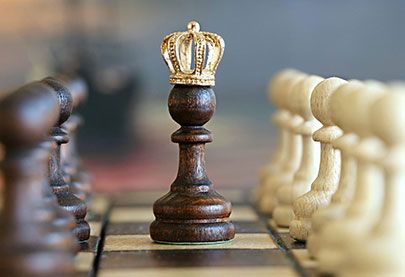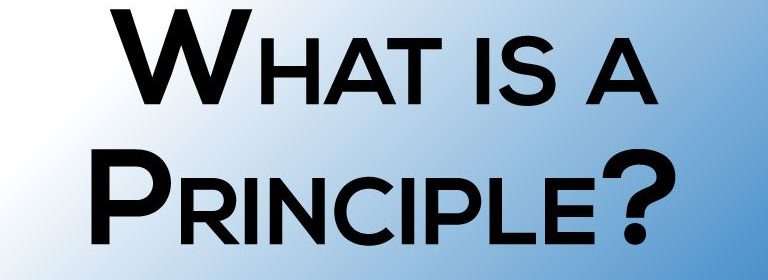Do We Choose the Power to Do Right, or the Power to Do Wrong?

Bad things can happen. Not everything comes from the power of human actions to produce something wrong into the world, but a lot of things do come from human actions. Evil things are not an accident. The evils in our world would not exist if human consciousness did not create them into existence. If there is evil somewhere, it’s because […]
Continue reading »







